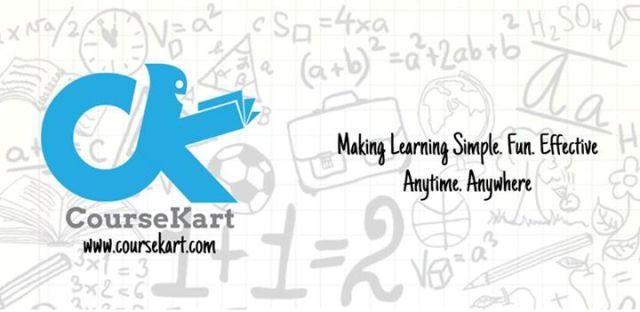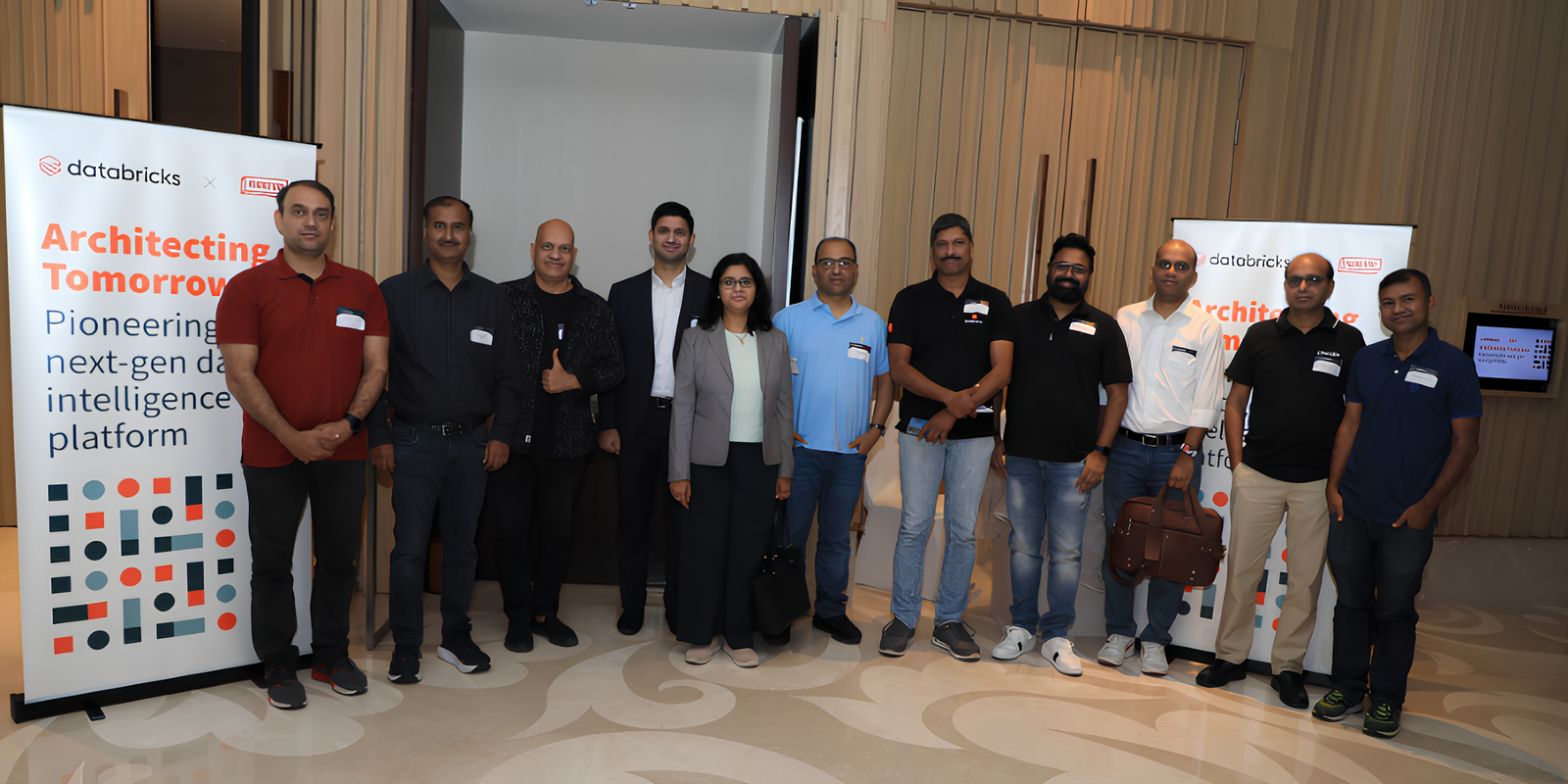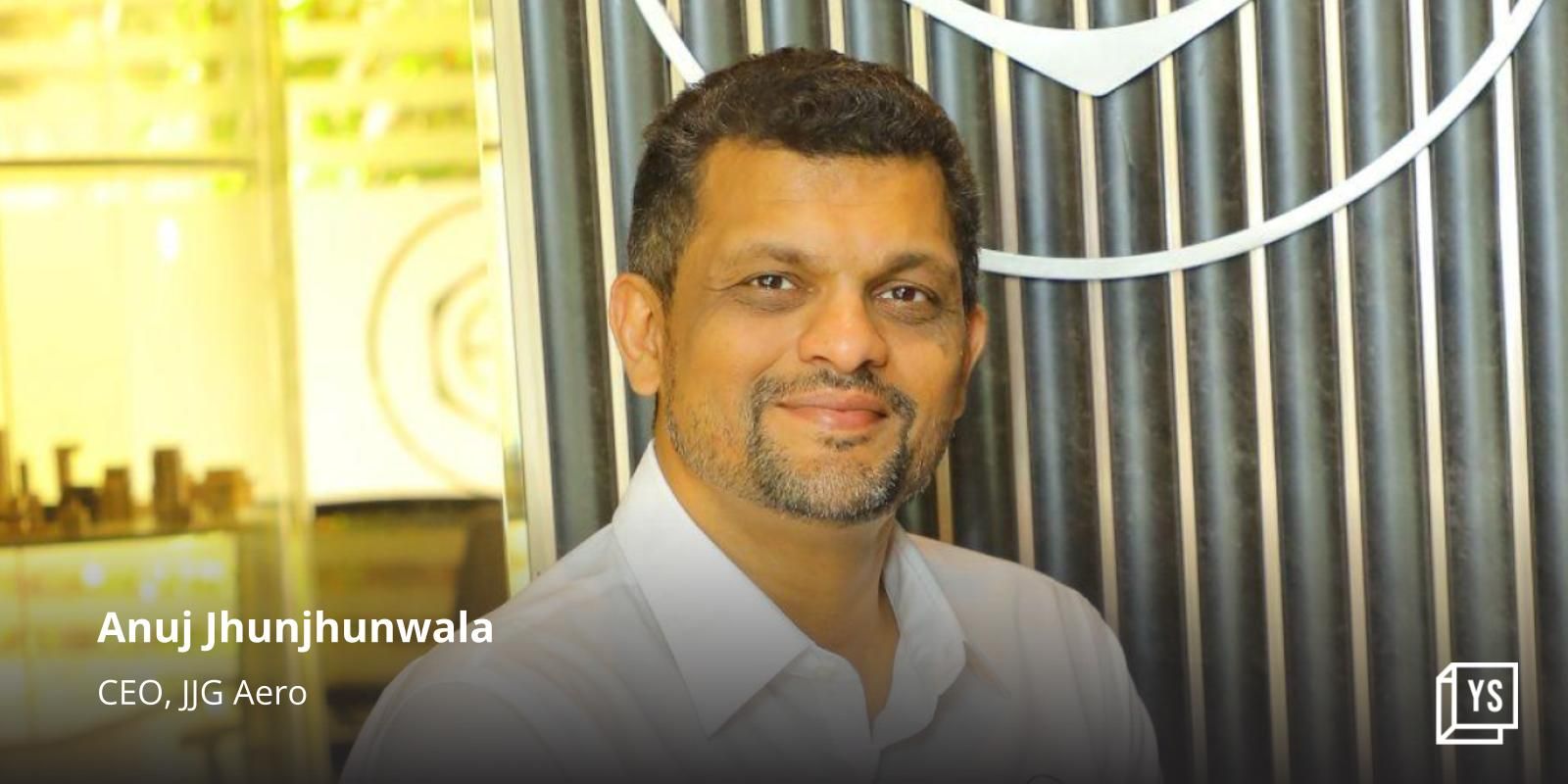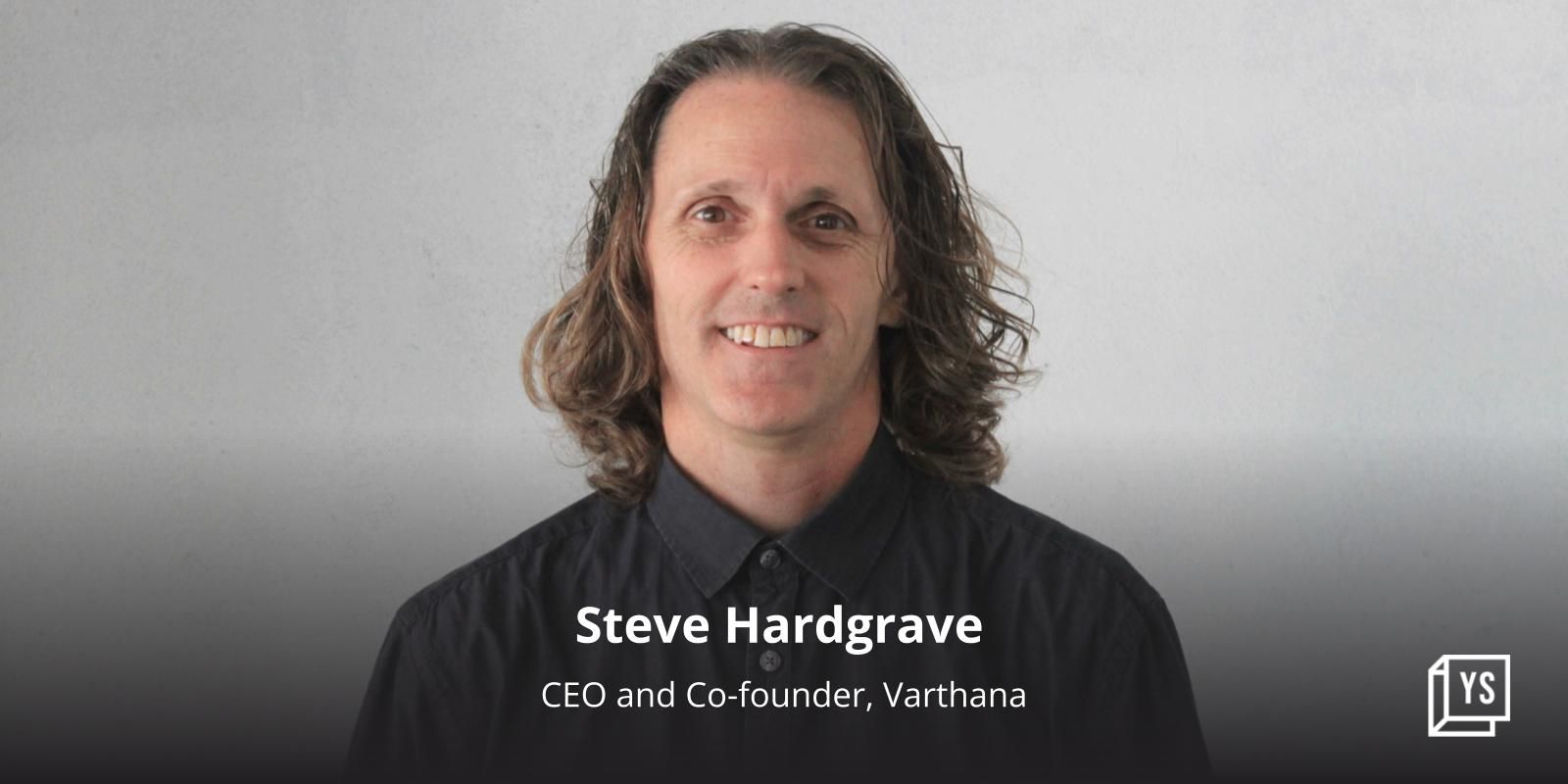Wharton graduate takes the leap in the Indian ed-tech market with blended learning model of CourseKart
Vishal Chopra holds an MBA in finance from Wharton School, Pennsylvania, and an MS in Computer Architecture from Purdue University. He has worked with IBM, New York, and Sun Microsystems, California, in technology focused roles and in corporate M&A and venture funding at AMD and Crescendo Ventures. Last year, he came back to Ahmedabad, India, and started up CourseKart with Janak Agarwal. CourseKart is a SaaS-based ed-tech platform built on a blended learning model. Though the scope of such a platform is very wide, they are currently targeting Indian test preparation market.
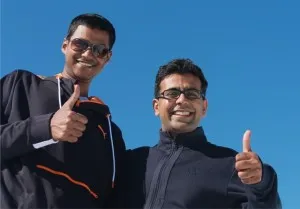
Janak worked with Microsoft Corp’s SharePoint division in Seattle for almost 3 years and he holds an MS in Electrical Engineering from University of Southern California. Both Vishal and Janak were part of similar technology circles and had a bunch of common friends in Silicon Valley. Over the years, they stayed in touch and clicked on their common keenness to work on new ideas. Vishal is of the opinion that you only live once and if you don’t take the chances and risk it when you have an opportunity, you may regret it for the rest of your life. “I had spent a fair bit of time in the corporate world but the urge to pursue entrepreneurship and drive value creation where none existed, was very strong. Transitioning from well defined corporate roles to the ambiguous world of entrepreneurship is never easy.” During their first year, they faced the usual set of startup challenges of ensuring sufficient liquidity, market validation and winning the first client. But they feel the journey has been a great life lesson in what to do and equally what mistakes to avoid.
CourseKart and its blended learning model
The idea of CourseKart was born out of an unmet market need. During their initial diligence phase, they felt that technology and its adoption was restricted to passive displays of information and content. In India, classroom teaching still dominates all stages of education, be it K-12, test preparation or university education. They focused their initial diligence efforts on talking to students and instructors covering ranges of all possible sizes they could - from instructors conducting personalized classes to small group tuitions to those managing over 30,000-50,000 students in Kota and Bangalore. They were not at all oblivious of the advantages of face-to-face learning, but felt the time was ripe for adoption of blended learning models in India.
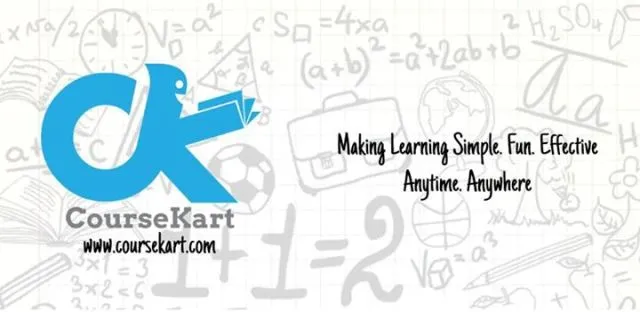
In blended learning, technology platforms are adopted to deliver learning content –videos, notes or tests to students in an online setting. Class time can be utilized for resolving students’ doubts and more focused attention can be paid on individual strengths and weaknesses. Vishal says, “It boiled down to a simple yet powerful notion – can we help students get access to the best instruction anytime, anywhere at an affordable price. They can continue with face-to-face learning but can complement this effort with an easy, affordable and an all time accessible platform to strengthen their weak areas and score better.”
Elaborating about the product, Vishal tells us that it is “a SaaS based platform that enables content owners to interact, engage and deliver media rich content (videos, notes and tests) to their students anytime, anywhere.” Students can access content from their selected instructors on the web or any device running iOS and Android, give tests, watch revision lecture videos and also review test cheat-sheets. They are currently focused on the test-preparation segment with JEE, AIEEE, CA, CLAT, CAT, GMAT, GRE etc.
Students can learn at their own pace, discover and improve on their weaknesses, compare it to their peers, collaborate with them and with the faculty for a shared learning experience. The lucrative part for instructors can be engaging with their students outside the classrooms. It gives them an opportunity to build their brand with a different value proposition in a crowded marketplace. Test preparation centers can try it to grow their ventures by monetizing a new channel.
Market response for ed-tech service in India
Their greatest challenge has been in enabling the instructors to be digital ready. Vishal says, “While there is increasing awareness and willingness to try out online learning models as a supplement to traditional classroom approach, the ramp-up time to get them activated is still a challenge. Using a combination of proprietary automation tools and Open Source platforms, we have been able to bring down the cost and time required of creating world class content by 80%.”
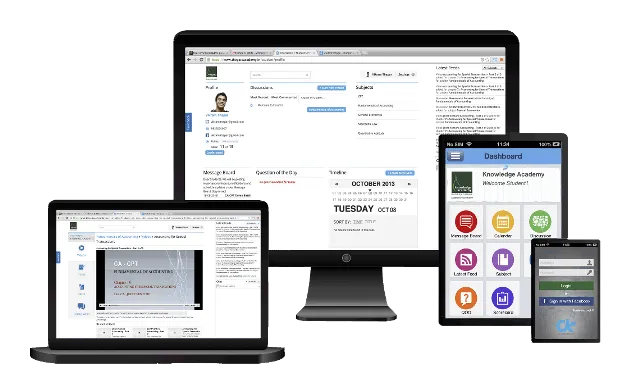
Currently, they are working on a subscription-based model wherein the instructors pay for customization and usage of online services. Their first client signed up in August 2012 and now they have over 10,000 students from 50 cities of India across 4 test-prep verticals - GATE, CA, law and commerce board examination preparation. They are a team of 10 and are now focusing more on technology and delivery platforms. They are ramping up their content partnership and business development teams to build quickly on this initial traction they have got.
Vishal is of the opinion that ed-tech space is heating up globally and a lot of companies are working on very interesting models. He adds, “Some of the thought leaders are Knewton with its adaptive learning platform, Benchprep in the test-prep space and Coursera with its MOOCs. Locally, we run into a lot of interesting work being done by startups in the ed-tech space but there are no proven or established leaders yet.”
CourseKart is currently bootstrapped through founder funds and initial revenue flows. He shares, “We have followed the ‘Lean Startup’ approach to quickly validate a minimum viable product before integrating new and more sophisticated features based on client needs. This has worked really well for us. Additionally, being headquartered in Ahmedabad has some pretty obvious cost advantages.” The blended learning model holds relevance for many emerging markets where technology has the potential disrupt traditional learning methods. But CourseKart needs to overcome the challenges of security of content, ability to scale and last but not the least, of educating the clients that the time is right to start building a digital presence that complements their classroom experience.
Want to know more about ed-tech startups? Join us at EduStars.






